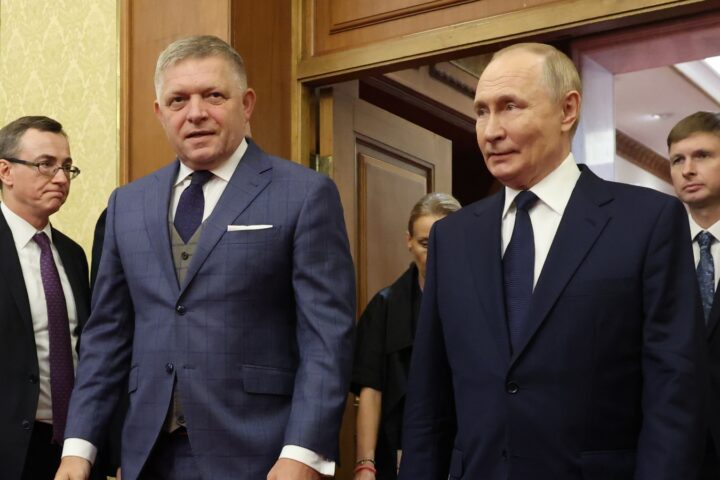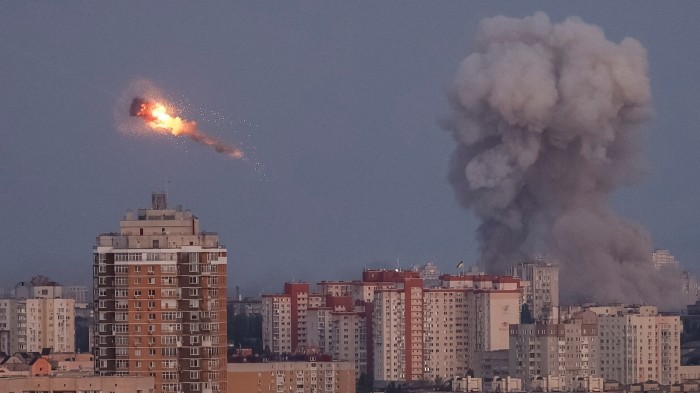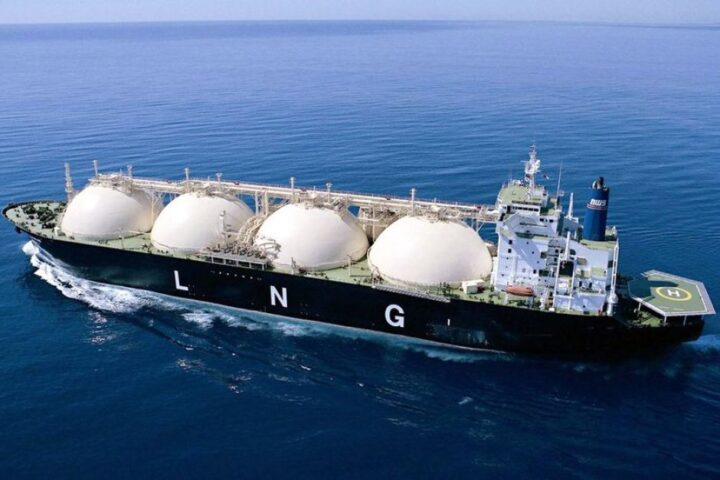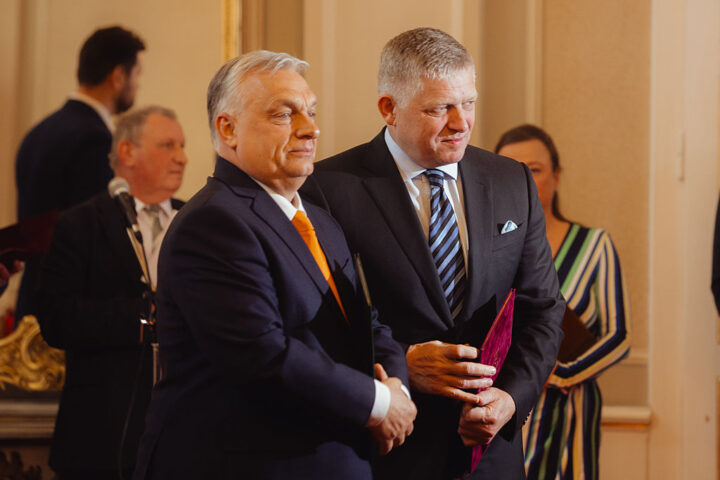India’s state-run oil refiners have suspended purchases of Russian crude and petroleum products, marking a significant shift in global energy flows amid intensifying US sanctions pressure. The move, reported by Reuters on July 30, follows threats from former US President Donald Trump to impose 100% tariffs on nations continuing large-scale oil trade with Moscow.
US sanctions threat forces Delhi to act
The decision was triggered by Washington’s vow to introduce secondary sanctions targeting buyers of Russian energy. India, the world’s third-largest oil importer, had until recently been the top purchaser of seaborne Russian crude — often importing nearly three times more than needed for domestic consumption. The surplus was re-exported at a markup, bolstering India’s fiscal revenues.
Despite earlier assurances by Prime Minister Narendra Modi to US President Joe Biden that India would reduce its purchases of Russian oil, only Trump’s direct threats appear to have prompted decisive action from Delhi.
State refineries withdraw, reshaping supply chain
Four major state-controlled Indian refineries — Indian Oil Corp (IOC), Hindustan Petroleum Corp (HPCL), Bharat Petroleum Corp (BPCL), and Mangalore Refinery and Petrochemical Ltd (MRPL) — halted Russian crude purchases in the third week of July. According to Reuters, they are now turning to Middle Eastern and West African grades, including Murban oil from Abu Dhabi, to cover the shortfall.
While the response of private refiners such as Reliance Industries and Nayara Energy remains uncertain, state-controlled entities account for over 60% of India’s total oil refining capacity — roughly 5.2 million barrels per day.
Economic blow to Russia’s war chest
India’s pivot away from Russian oil marks a serious financial setback for Moscow, which has relied heavily on energy exports to fund its war against Ukraine and sustain internal political control. The Kremlin’s oil revenues underpin a wide array of military and covert operations, including procurement of Iranian drones, North Korean missiles, and dual-use Chinese technology, alongside weapons production and payment of troops.
Beyond Ukraine, Russian oil money also fuels hybrid warfare against Western states — including cyberattacks, targeted assassinations, sabotage of undersea cables, and the orchestration of border crises using migrant flows.
With over 40% of Russia’s pre-invasion budget derived from energy exports — a figure that has since risen due to other sanctions-related export losses — any sustained drop in oil sales directly impacts the Kremlin’s capacity to wage war, disrupt global stability, and maintain domestic authoritarian control.
Strategic implications for global energy and security
India’s move highlights the effectiveness of coordinated Western diplomatic and economic pressure in reshaping global energy markets. It underscores that reducing purchases of Russian hydrocarbons is not merely a commercial decision, but a strategic lever — one that undermines the financial foundations of Moscow’s military aggression and destabilizing behavior abroad.
By halting state-level oil imports from Russia, India signals its willingness to recalibrate in the face of geopolitical realities — a development likely to reverberate across energy, security, and diplomatic corridors worldwide.















